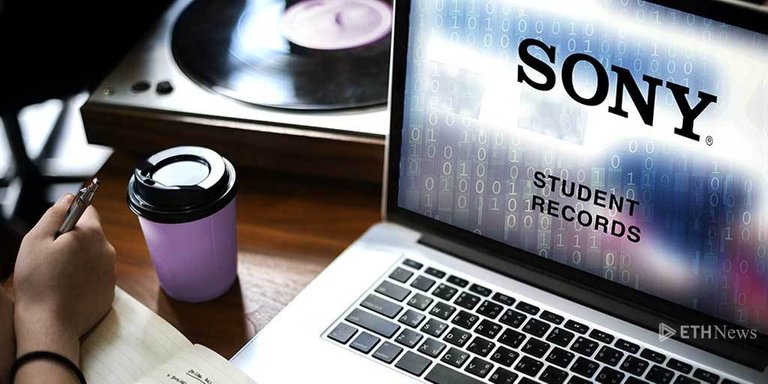Sony has developed a blockchain-based system for managing and sharing academic records. The Japanese company is working towards a 2018 release.

On August 9, 2017, Sony Corporation and Sony Global Education (SGE) announced the development of a blockchain-based platform to manage and share academic data. The new system will allow “multiple educational institutions” to “record and reference educational data and digital transcripts.” SGE will use the new system at the fifth Global Math Challenge in November 2017, but a wider rollout can be anticipated after the company has partnered with educational institutions.
It should come as no surprise that Sony is on the cutting edge of this revolution since Japan has been quick to embrace blockchain technology and cryptocurrencies. In its release, Sony touts two major features of the platform, which is powered by IBM’s Hyperledger Fabric 1.0:
It brings together 1) a function that authenticates and controls usage rights to educational data, and 2) an application programming interface [API] for handling these rights aimed at educational institutions.
Although the platform is geared toward schools, perhaps it can alleviate the headache of submitting test scores and transcripts. Anybody who has dealt with the College Board knows the complexity and expense of the current apparatus. The cost of “score reports” can quickly add up as students submit their college applications.
Notably, Sony does not make mention of the Family Educational Rights and Privacy Act (FERPA), so one must wonder if the blockchain platform will be available to major US institutions when it launches in 2018.
Education, in particular, is a perfect application for blockchain technology for several reasons:
First, there is an enduring interest in student privacy. Through blockchain technology, a permissions-based API can grant access to only relevant stakeholders. Students need not worry that their “F” in basket weaving will leak to their classmates.
Second, schools must ensure that the records they receive are accurate. In a world where students have paid others to take exams on their behalf and universities have deliberately misrepresented their student bodies, academic truth is at a premium. Although blockchain can’t prevent cheating in the classroom (yet), it might help prevent the falsification of grades and misreporting of scores.
Third, there are many actors in the education ecosystem who need a streamlined method for sharing information. From school administrators and prospective students to testing companies and admissions committees, there are many parties that must collaborate in the educational world. Blockchain might allow these diverse groups to interact with one another reliably and privately.
Still, using blockchain technology for academic records is not without its concerns. How will schools modify data that has been expunged?
For example, when I was in high school, I received a detention because my phone rang while I was in my tenth grade English class (that teacher was notoriously strict). Luckily, since that was my only detention, the information was expunged from my academic record when I applied to colleges. I don’t know if I’d be so fortunate in a blockchain-based world.
Clearly, Sony must work with students and schools to ensure that the platform meets the needs of both groups. Like education itself, this will be a learning process.
Follow me on Twitter : https://twitter.com/CryptoFanFrance
Source : https://www.ethnews.com/sony-to-use-blockchain-for-academic-records-management
Hi! I am a robot. I just upvoted you! I found similar content that readers might be interested in:
https://www.ethnews.com/sony-to-use-blockchain-for-academic-records-management